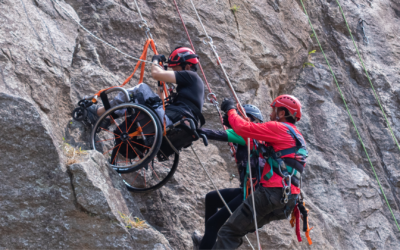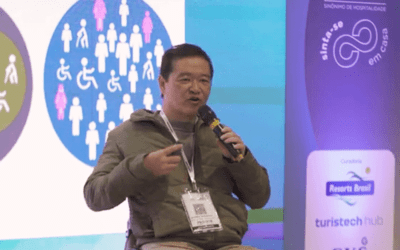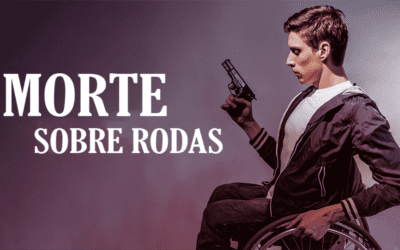
About the League of Historical and Accessible Cities
Entering into force on 3 May 2008, the United Nations Convention on the Rights of Persons with Disabilities set a new perspective for those foundations active in the field of disability or human rights, providing them with a unique opportunity to put their expertise to good use in the emerging field of disability.
As a result, in 2009 a group of foundations led by the European Foundation Centre (EFC) decided to work together in the form of a Consortium to make a distinctive contribution towards mobilising the foundation sector. In February 2010 the European Consortium of Foundations on Human Rights and Disability launched its first pilot project.
The League of Historical and Accessible Cities’ main aim is to improve the accessibility of historical towns promoting at the same time sustainable tourism development and the protection of cultural heritage.
The main purposes of the project are:
- To put forward innovative accessibility solutions which allow people with disabilities to fully enjoy cultural and historical heritage
- To foster tourism and the social development of the city
- To develop pilot projects that can serve as an inspiration for other foundations, local authorities and stakeholders
- To serve as a hub for exchange of best practices and know-how
- To lead by example, raise awareness, stimulate ideas and invite others to act
The project is being simultaneously implemented by eight foundations in four different countries across Europe, each of them in partnership with the local authorities of the historical town of their choice:
- Avila (Spain) – Fundación ONCE
- Lucca (Italy) – Fondazione Banca Monte di Lucca
- Mulhouse (France) – Fondation Réunica
- Torino (Italy) – Fondazione CRT
- Viborg (Denmark) – Realdania Foundation, Bevica Foundation, The Danish Disability Foundation and The Labour Market Holiday Fund
A tourist route including interesting buildings, museums, parks, restaurants, shops and tourist information centres is being developed in the historical city centre of each member town.
It is important to note that ‘disability’ is seen in its broadest sense, including both sensory and physical impairments and disabilities, and that (following the Universal Design criteria) improvements to accessibility are conceived for the long-term benefit of all visitors, residents and tourists.
As a result, on these routes everyone will be able not only to walk around and explore the townscape independently, but also to orient themselves and to interact with their surroundings, thanks to information signs (such as tactile billboards, sign language guides and audio guides) and other interactive digital tools that will be accessible to all.
The project involves a holistic conception of accessibility, which will entail improvements in four main areas:
- The built environment and public spaces
- Transport and related infrastructures
- Information and communication, including information and communication technologies (ICT)
- Public facilities and services
The diversity of historical townscapes means that solutions for improving access cannot be standardised. Consequently, although a common methodology provided by an external specialised consultancy has been agreed, the way in which each individual country is implementing the project varies enormously, bringing additional richness and depth to the initiative. The League of Historical and Accessible Cities will produce a best design and best practice guide showcasing each individual project.
Aiming to improve social inclusion and active participation of people with disabilities through improved access to historical and cultural heritage, the League of Historical and Accessible Cities can be also seen as a good example of social innovation practice.
► Download the LHAC overview in PDF format.
► Read more about the LHAC as a social innovation example (PDF format).
Compartilhe
Use os ícones flutuantes na borda lateral esquerda desta página
Siga-nos!
Envolva-se em nosso conteúdo, seus comentários são bem-vindos!
Artigos relacionados
Teleton AACD. A pessoa com deficiência como protagonista.
Teleton AACD. A pessoa com deficiência como protagonista. Uma iniciativa internacional abraçada pelo SBT no Brasil.
Acessibilidade no ESG. Equipotel aborda o tema para o turismo.
Acessibilidade no ESG, para o mercado do turismo. Equipotel aborda a importância da inclusão da pessoa com deficiência.
Morte Sobre Rodas. Filme inclusivo foi candidato ao Oscar.
Morte Sobre Rodas. Dois protagonistas do filme, são pessoas com deficiência, um usuário de cadeira de rodas e outro com paralisia cerebral.






0 comentários